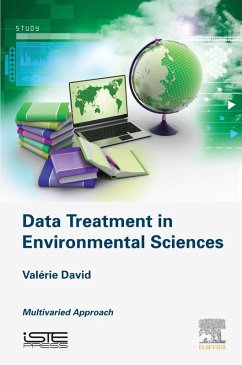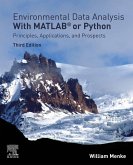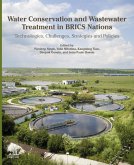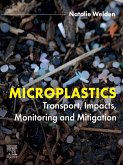Data Treatment in Environmental Sciences presents the various methods used in the analysis of databases-obtained in the field or in a laboratory-by focusing on the most commonly used multivariate analyses in different disciplines of environmental sciences, from geochemistry to ecology. The book examines the principles, application conditions and implementation (in R software) of various analyses before interpreting them. The wide variety of analyses presented allows users to treat datasets, both large and small, which are often limited in terms of available processing techniques.
The approach taken by the author details (i) the preparation of a dataset prior to analysis, in relation to the scientific strategy and objectives of the study, (ii) the preliminary treatment of datasets, (iii) the establishment of a structure of objects (stations/dates) or relevant variables (e.g. physicochemical, biological), and (iv) how to highlight the explanatory parameters of these structures (e.g. how the physico-chemistry influences the biological structure obtained).
The approach taken by the author details (i) the preparation of a dataset prior to analysis, in relation to the scientific strategy and objectives of the study, (ii) the preliminary treatment of datasets, (iii) the establishment of a structure of objects (stations/dates) or relevant variables (e.g. physicochemical, biological), and (iv) how to highlight the explanatory parameters of these structures (e.g. how the physico-chemistry influences the biological structure obtained).
- Proposes tools that can be used to deal with environmental data
- Insists on the adequacy between the scientific objectives and the types of analyses
- Present mathematical principles without going into detail
- Offers a wide range of important analyses
Dieser Download kann aus rechtlichen Gründen nur mit Rechnungsadresse in A, B, BG, CY, CZ, D, DK, EW, E, FIN, F, GR, HR, H, IRL, I, LT, L, LR, M, NL, PL, P, R, S, SLO, SK ausgeliefert werden.









